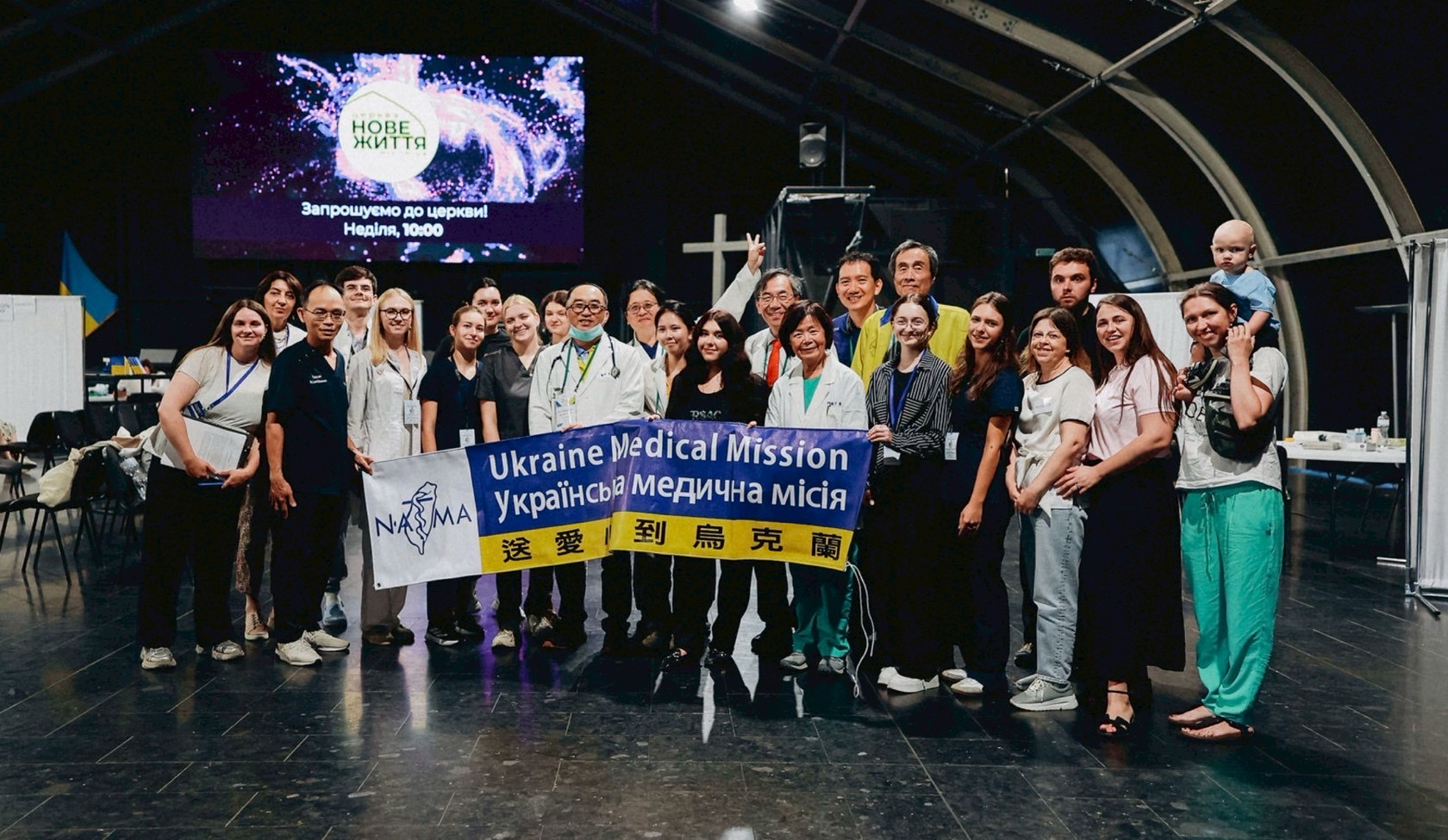Jung Tsai
Tony Bennett’s signature song about his nostalgia for San Francisco — its cable cars and morning fog — captured a generation’s soul. After two medical missions to Lviv and Kyiv in 2023 and 2025, I can only say: I left my heart in Ukraine.
Since February 24, 2022, when Russia launched its full-scale invasion, the free world has witnessed destruction of humanity unseen since World War II. In 2023, we chose to begin medical missions to relieve suffering, using only our private, limited resources. We learned that freedom is not free, and that the people of Ukraine are, in truth, taking the bullets for all of us who cherish democracy.
While some voices dismissed the war as “a European problem” and urged the U.S. to shy away, we believed medical care should know no borders. So in 2025, at the height of missile and drone attacks, we went to Kyiv. “Nothing ventured, nothing gained.” We wanted to show solidarity — to stand together with the people of Ukraine against this unjustified invasion.
What we found was a city transformed since our mission in 2023. Panic had subsided, replaced by resilience. Even as sirens wailed and explosions thundered, people carried on with their daily lives. On August 28, at 5:42 a.m., we woke to the shockwave of a nearby strike. Kyiv officials reported at least 38 injuries as rescue workers pulled survivors from rubble and fought the fires. Yet by 7:00 a.m., the streets were jammed with traffic — not fleeing crowds, but workers heading to their jobs. Curfew had shrunk from ten hours to five; tanks no longer dominated intersections. The city was guarded not by fear, but by air defenses, determination, and hope.
In Kyiv we met 李成零, one of the few volunteer Taiwanese soldiers still serving. Despite wounds from shrapnel and a sprained foot, he visited us twice, X-ray in hand, eager to share his frontline stories. Lonely yet determined, he missed Taiwan deeply but was ready to return to the trenches. Over dinner, his gratitude humbled us.
At Maidan Square, the site of Ukraine’s Orange Revolution, we saw waves of flowers and flags honoring the young soldiers who had fallen. A Japanese woman approached me and led me to the memorial of Taiwanese fighter Jonathan Tseng 曾聖光 and his Japanese comrade, whose photos stood side by side. She laid her bouquet there and whispered, “A friend in need is a friend indeed.” She lives in Poland but often travels back to pay respects. Her devotion left me frozen, speechless.
On our final night, we met with a health department official to discuss future collaboration — the delivery of a million syringes and other critical supplies. As we said our farewells to him and to our Ukrainian friends, I knew we were leaving something precious behind. It wasn’t until we crossed the border into Warsaw that I realized what it was. It was my heart.
<2025-10-24>


